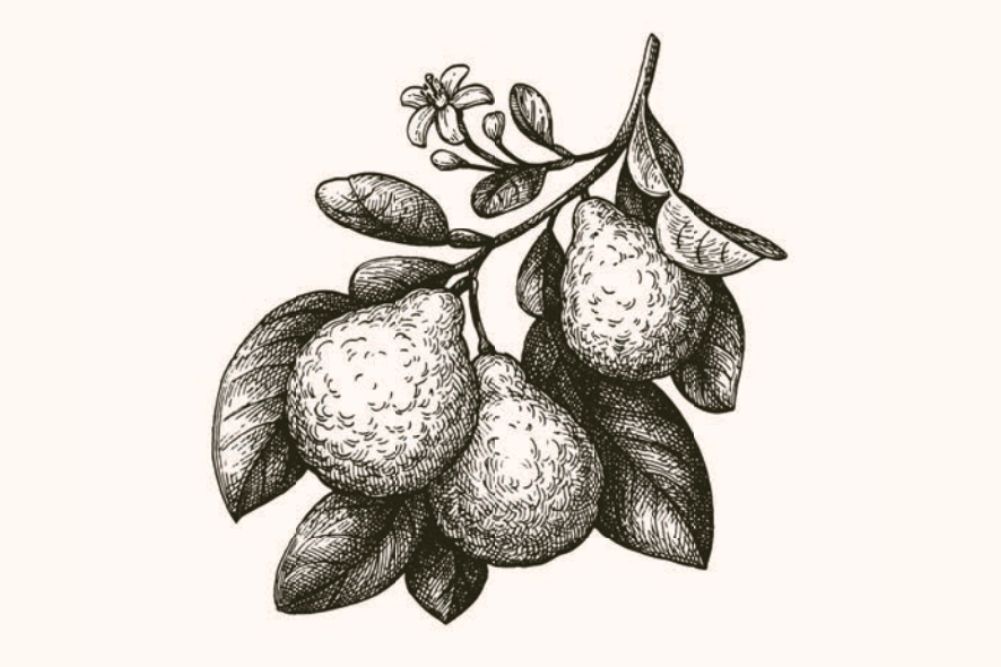Antioxidants
 Did you know that insulin resistance is responsible for many illnesses including weight gain? It is also linked to free radical damage which can be the foundation of many major illnesses such as diabetes.
Did you know that insulin resistance is responsible for many illnesses including weight gain? It is also linked to free radical damage which can be the foundation of many major illnesses such as diabetes.
Free radicals are molecules that react with oxygen and are also part of the process of how we form oxygen. They play an important part in the signals cells send to each other and are affected by environmental stress which causes less of them to be produced and then cells become damaged. This leads to what is called oxidative stress. Smoking, stress, chemicals, alcohol, pollution, high-fat foods, the lack of ozone layer, food additives and physical exercise increase oxidative stress.
Normally cells and antioxidants in the body such as glutathione defend against this but when the levels get too high the antioxidants we produce are not enough to destroy the bad molecules and the DNA, RNA and protein is damaged adding to the rate of ageing instead of it doing our body good.
Even way back in the 1950s Denham Harman wrote about the ‘Free Radical Theory of Ageing’. They did studies back then that proved this theory is right and over time it was realised that free radical reactions are part of a number of diseases including atherosclerosis and cancer. It causes inflammation in the body and degenerative diseases follow. Obesity is one result. It is also involved in Crohns disease, ulcerative colitis and Alzheimer’s as well as many other diseases.
Insulin resistance occurs when cells become less sensitive to insulin and then sugar is unable to enter the cells. The body ignores the message insulin is trying to send it and needs to make higher and higher amounts of insulin. The sugar builds up in the blood to a high, destructive level.
According to Vladimir Dilman this contributes a lot to ageing. This was a discovery back in the 1960s already and led to concepts such as metabolic syndrome which is caused by too much blood insulin which also links to high blood pressure and coronary artery disease.
Mainstream medicine is finally beginning to recognise this link of insulin resistance but the studies of Dilman already explained this back then. Current research only goes to prove this link between insulin resistance and other diseases ranging even to cognitive decline, various cancers, depression and maybe even breast and colon cancer.
Most importantly it is also thought to be the underlying factor as to why obesity is a risk to post-menopausal breast cancer, cancers of the endometrium, colon and kidney, and malignant adenomas of the oesophagus. Many of the latest studies show that free radicals are behind all this. There is now scientific proof that insulin resistance is behind a lot of illnesses which means that our level of anti-oxidants in our body needs to be kept high to avoid oxidative stress.
This research means that a two-step approach using antioxidants and blood-sugar-maintaining nutrients is needed. The body tends to become less sensitive to the effects of insulin as we get older so this becomes important. Did you know that the minimum standard of fresh fruit and vegetables is 5-7 a day? Many of us are not getting this which means there are not enough antioxidants in your diet. Couple this with too much food that increases blood sugar such as too many carbohydrates – white breads, pasta, pizza etc – and it means we need to all take some form of antioxidant supplement to help restore the insulin balance.
The most powerful antioxidants improve insulin sensitivity. N-acetyl cysteine has been shown to prevent fructose-induced insulin resistance in rats and the turmeric component Curcumin also is an agent to improve insulin sensitivity. EGCG is also a well-researched antioxidant component in animal studies as is green tea for obesity and diabetes although it does not affect in this study the blood glucose levels. Bilberry has been known to improve the function of fat cells which also affect insulin resistance. Grape seed and Rosemary assist in raising anti-oxidant levels.
So antioxidants are important in helping the body prevent major illnesses, regulating the insulin and therefore assist in weight loss. There are many factors involved in putting on weight apart from diet which is why often just diets do not work. It is the balance between your hormones, insulin and glucose levels, amount of exercise (and too much is just as bad as too little when it comes to producing free radicals) and the foods you eat that affect your weight levels and decide whether you will be healthy as you get older or not.
It is never too late to start looking after your health and it is important to see a qualified practitioner to design a program to suit you. Whilst internet research is great, people are not text books and every program has to be designed specifically for the individual. This cannot be done in under an hour so a consultation with a practitioner becomes important and natural supplements should not just be bought over the counter without this. Whilst they will not harm you and may help build you up in some way, often a lot of what you take is going to waste as it is the wrong supplement for your body and you are simply expelling it down the toilet or the reverse, you are not taking enough to make an impact on your illnesses and need a therapeutic dose. Only a trained expert in natural therapies can decide what this is.







